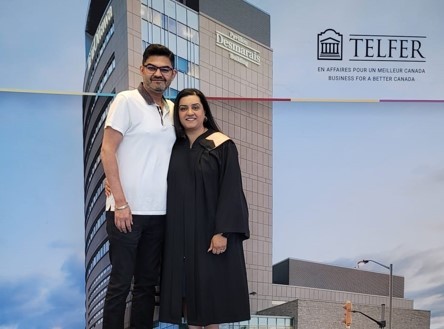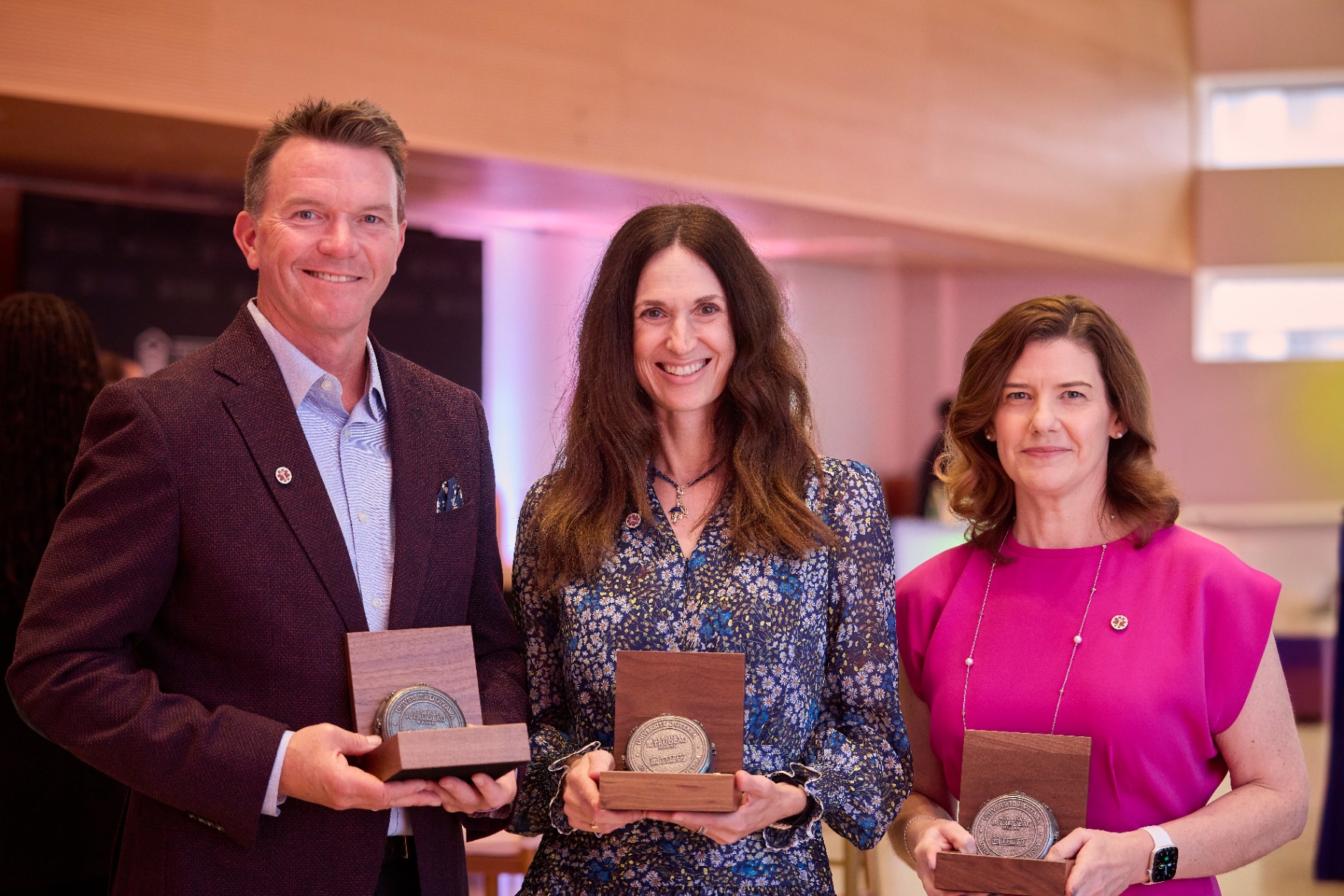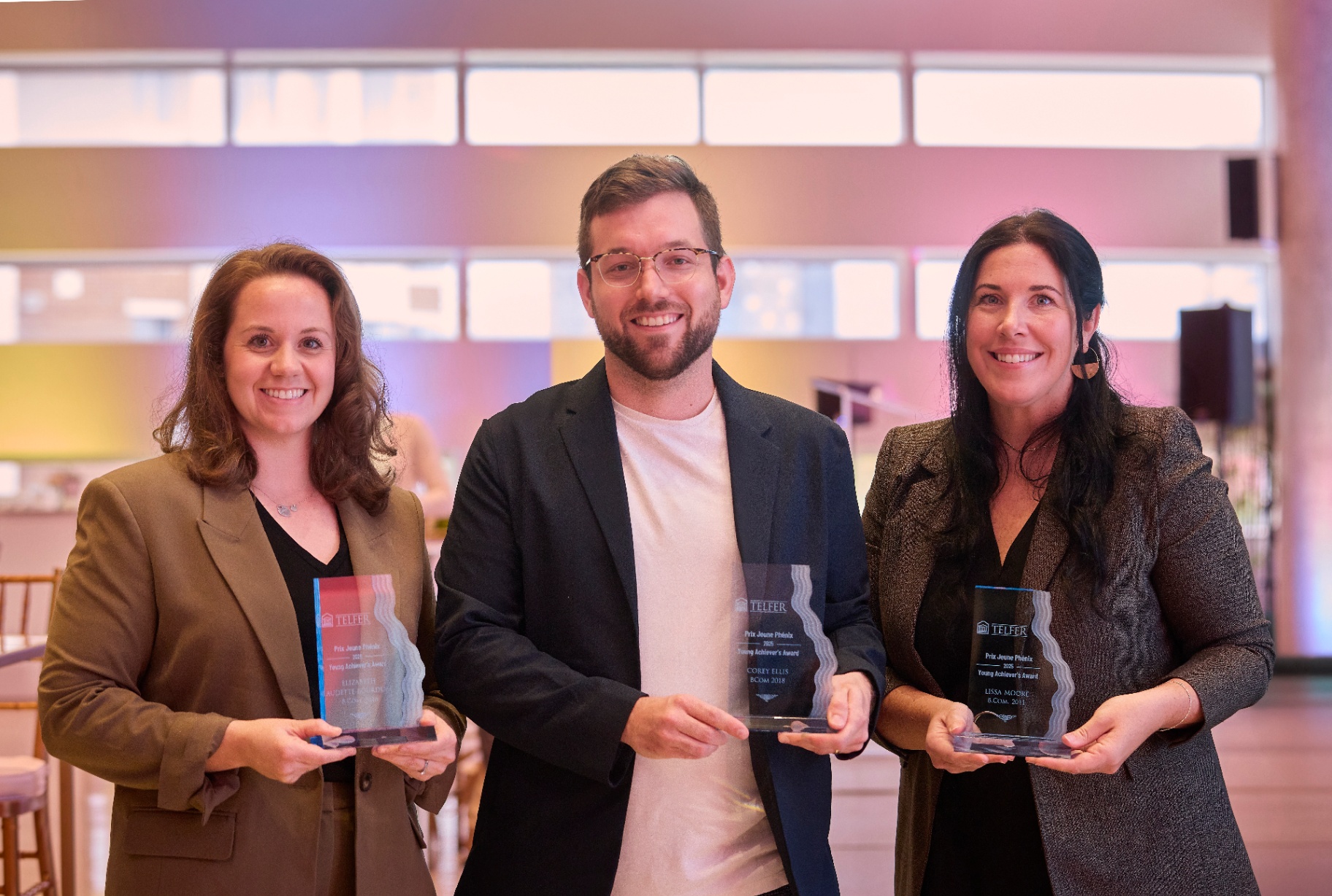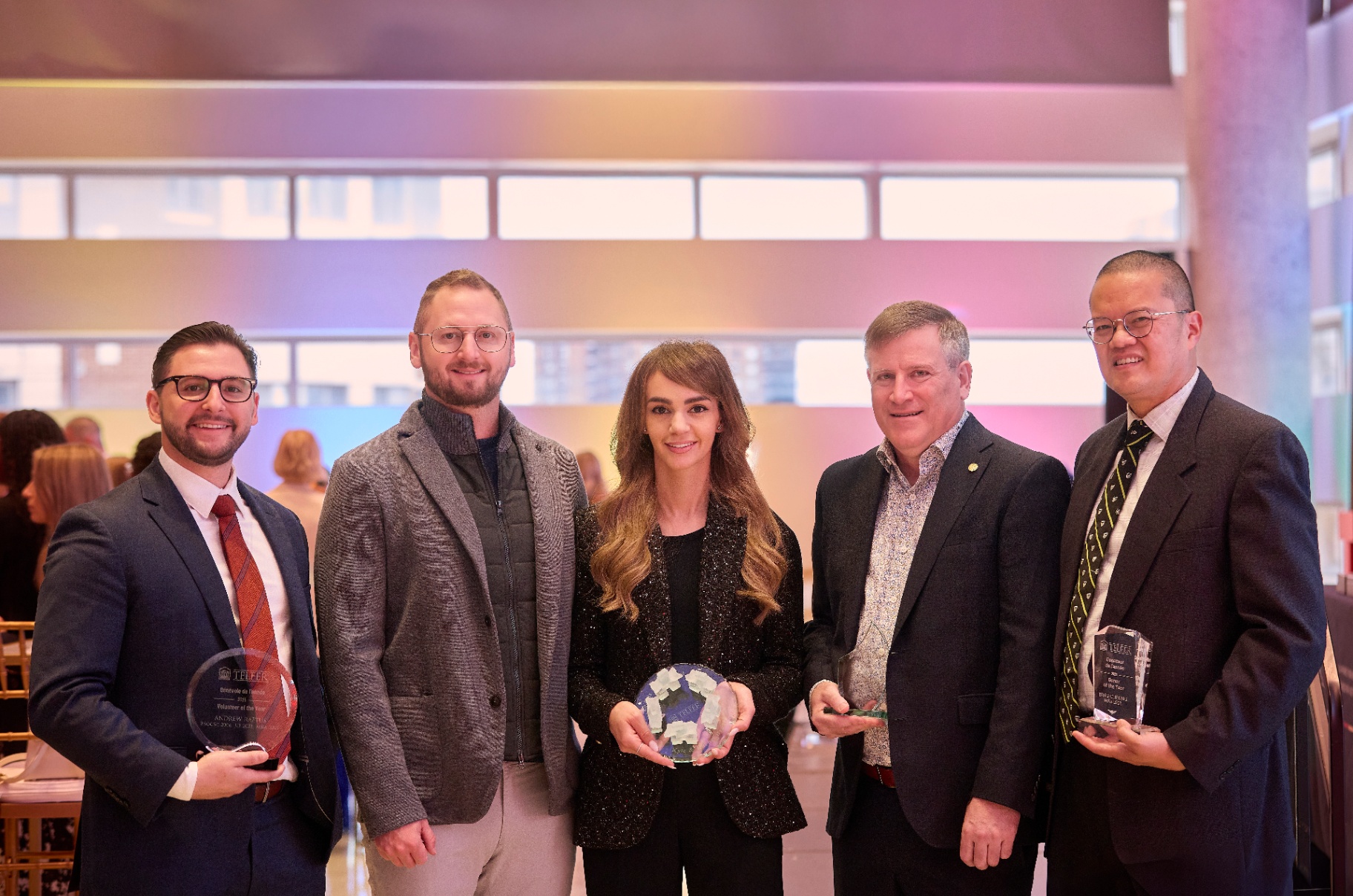SSHRC Engage Partnership Grants
Social Science Humanities Research Council (SSHRC) Partnership Engage Grants provide support for research activities that will inform decision-making at a single partner organization from the public, private or not-for-profit sector.
Research projects supported by SSHRC Partnership Engage Grants allow academic and non-academic partners to exchange knowledge, expertise and capabilities on topics of mutual interest to address an organization-specific need, challenge, and/or opportunity.
Optimizing the economic viability of solar power in Ontario
Electricity customers who generate power from a renewable resource, such as solar energy, can use what they need and send excess to the distribution system for a credit towards their electricity costs. Implementing solar power also creates opportunities for businesses and other medium-sized customers to reduce demand charges for peak usage.
An expert in the development of models to assess the economic viability of solar power, Telfer School of Management Professor David Wright has received a SSHRC Partnership Engage Grant to collaborate with the Ottawa Renewable Energy Cooperative (OREC), a community-based organization that develops and operates solar power systems in the capital.
“I am working with OREC to find economically viable solutions to implement solar technology at medium sized customer sites,” he explains. This research collaboration is a step forward to mitigate climate change in a sustainable manner and through a cooperative business model.
Over the next weeks, we will give an overview of the Telfer School research projects that received support from SSHRC Partnership Engage Grants in 2017-2018. If you would like to start a research collaboration with an organization and consider applying for a SSHRC Partnership Engage Grant, please click here.







